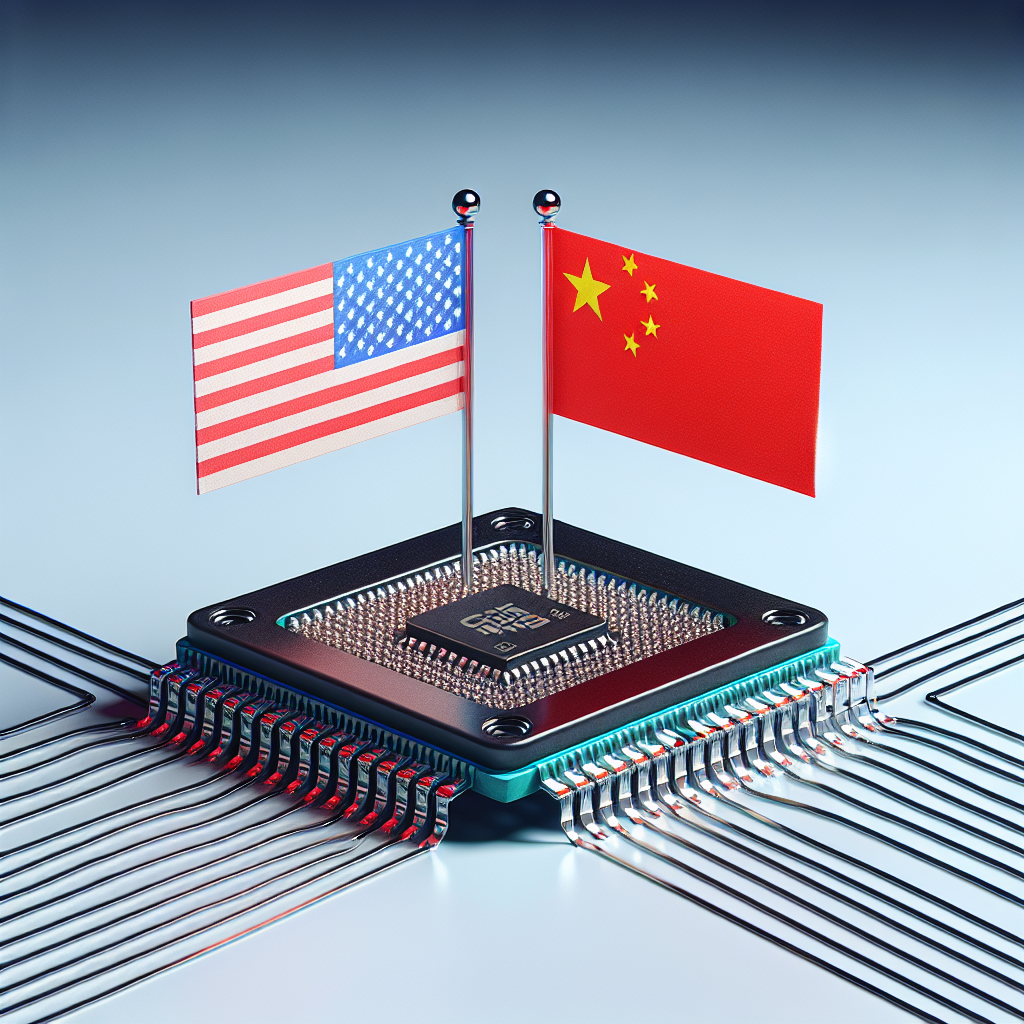China’s advancement in artificial intelligence is being hampered by U.S. trade restrictions on advanced chips, and the gap between the two nations may widen, experts have warned.
Despite high demand for Nvidia’s H20 chip, designed to circumvent export control licenses, trade limitations are hindering China’s progress in enhancing its large language models, or LLMs, which drive AI technologies like ChatGPT. This was discussed in a call with Jeffries analysts, as noted in a report. Consequently, China’s lag behind the U.S. is expected to persist or even increase, analysts predict.
The H20 chip has lower computing power compared to Nvidia’s chips used by U.S. tech firms, leading Chinese companies to consider Huawei’s Ascend chip as a long-term solution. Experts noted that this support could help Huawei’s progress in chip development. However, there are concerns about China’s capacity to meet long-term demand for the advanced 7-nanometer process essential for these chips.
Huawei is reportedly struggling to boost production of its Ascend 910B chip—China’s top alternative to Nvidia’s restricted chips—due to breakdowns in recycled chip fabrication machines.
U.S. officials have pointed out that another chip, the Kirin 9000s, made with advanced 7-nanometer technology and powering Huawei’s Mate 60 Pro smartphone released last year, is less advanced than chips being developed in the U.S.
“The export controls are effective because that chip is significantly behind what we have in the United States,” said Secretary of Commerce Gina Raimondo. “China doesn’t have the most sophisticated semiconductors in the world; we do.”
While the U.S. has recently reduced federal research and development funding across industries, China has increased its research and development investment by 10%, according to Arati Prabhakar, director of the White House Office of Science and Technology Policy, in an interview with The Verge. Prabhakar mentioned that amid the AI boom, the U.S. should be “doubling down” and is striving to get back on track.
Experts anticipate that demand for computing power will continue to rise as companies develop larger and more advanced models. They also suggested that China’s AI industry might need to consolidate due to the oversaturation of players and limited capital and computing resources.
This shortage could affect China’s competitive edge, according to experts. Some advised Chinese companies to focus on optimizing models for efficient performance with lesser computing power. In contrast, another expert highlighted that the initial stages of AI model development require substantial computing power for experimentation, and optimization is more effective once models are mature.
